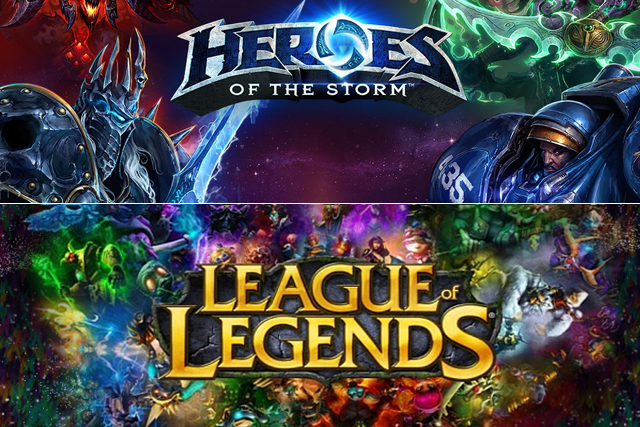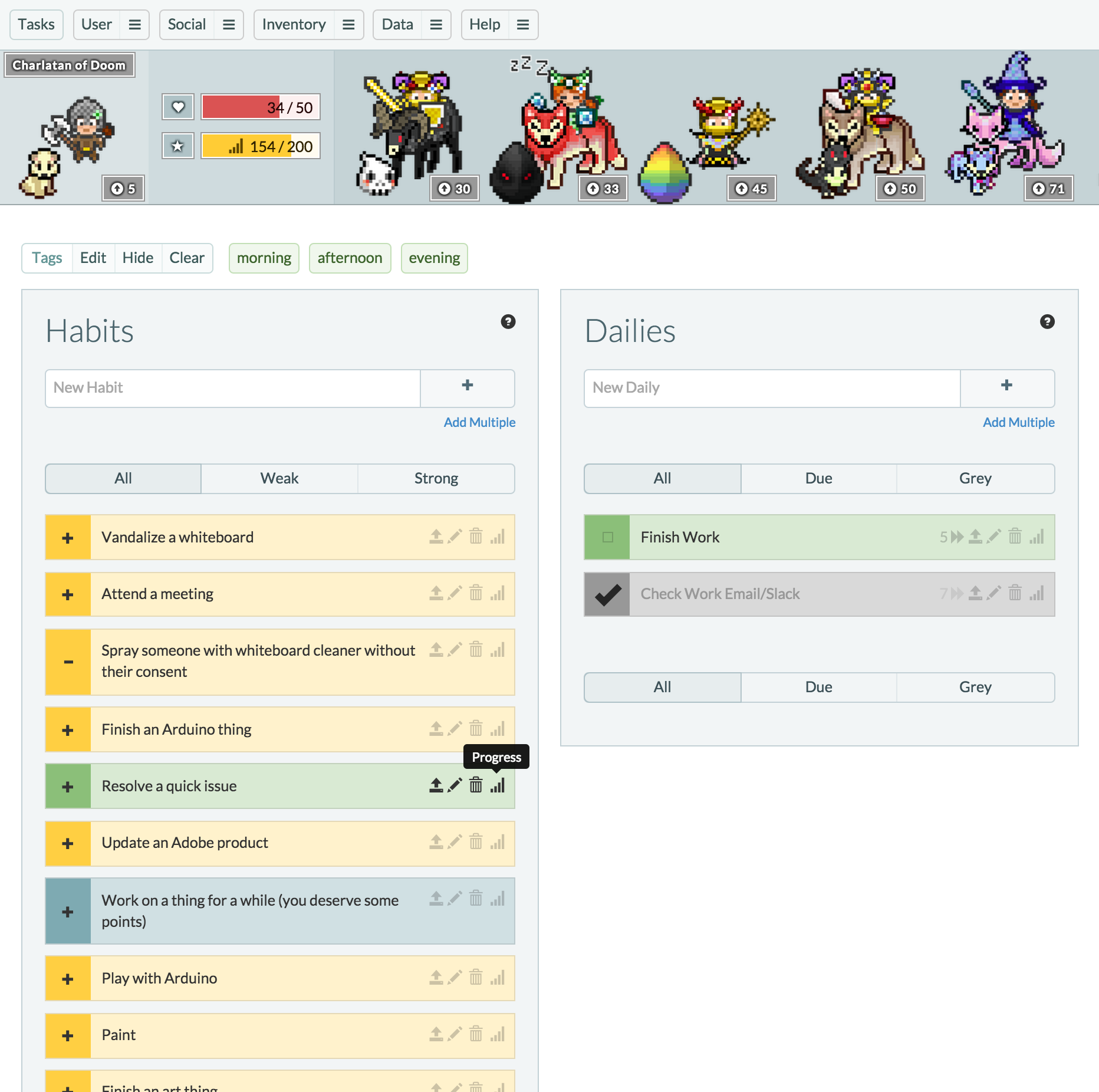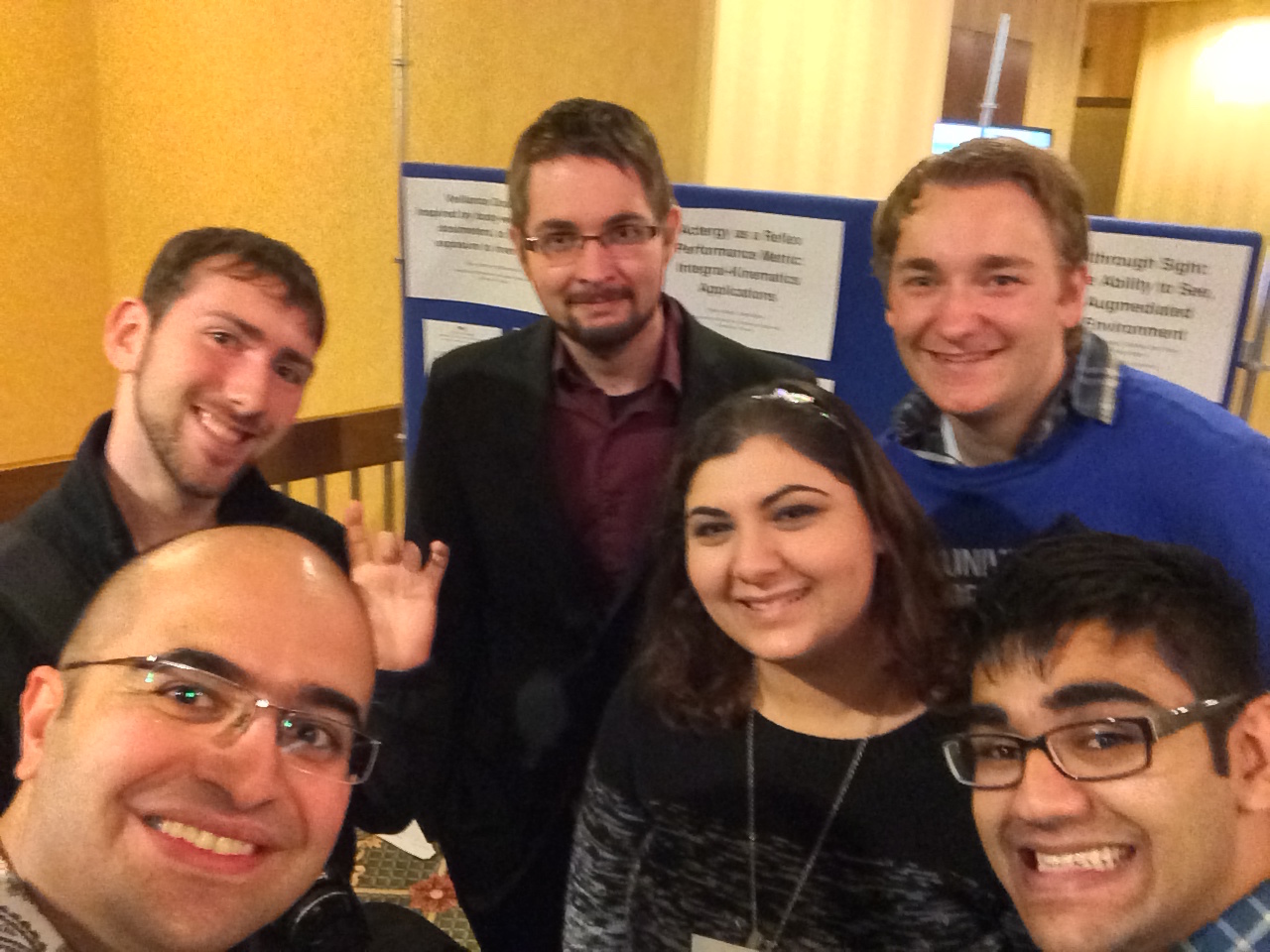The Challenge of Knowledge Translation
Knowledge translation is applicable in many research areas. It converts complex research into something comprehensible by a general audience. Find out below.

Knowledge translation is applicable in many research areas. It converts complex research into something comprehensible by a general audience. Find out below.

This is the second part of an interview series with Orest Sushko, a sound designer and re-recording mixer who has an extensive portfolio in audio design, and who has collaborated with a number of big-name directors including David Cronenberg and Guillermo Del Toro.

Written by Gustavo Tondello. Infographics by Marim Ganaba. Several studies have indicated the need for personalising gamified systems to users’ personalities. However, mapping user personality onto design elements is difficult. To address this problem, Marczewski developed the Gamification User Types Hexad framework, based on research on human motivation, player types, and practical design experience. He …
Written by Mike Schaekermann. In everyday life, we seldom do things for the first time. Instead, a large part of our behaviour is determined by habits rather than conscious motivation [1]. Therefore, it is not unreasonable to assume that habitual behaviour may also be a strong determinant for what we do as players in online …
Written by Lennart E. Nacke, Director of the HCI Games Group. It happened this afternoon. I was on a weekend trip. Outside of town. Pokémon Go finally arrived in Canada. I did not believe what happened next. Pokémon GO is now available in Canada! Discover and capture Pokémon all around you. pic.twitter.com/uTXwIk85IZ — Pokémon GO …

Written by Melissa Stocco. In my last post, I looked at the 15 ways gamification can be applied to education. I wanted to supplement my previous post by providing some concrete examples of how gamification is being used in the classroom. In addition, I made a list of tools for teachers and for students that …

Written by Melissa Stocco. A big challenge teachers face is presenting course material in a way that peaks their students’ interest and engages them to participate. Gamification is a technique teachers can use to get students involved in classroom activities and encourage them to learn course material. Gamification does this by using “game design elements …

For those just joining, please see the first article in this series for an introduction to MOBA’s and general overview of this design discussion. https://hcigames.com/news/heroes-of-the-storm-vs-league-of-legends-a-game-design-breakdown/ Player Progression – Gold vs. Experience With the introduction to MOBAs out of the way, we delve a little deeper… This article in the series has been written to address …

An Introduction to MOBAs Multiplayer Online Battle Arena (MOBA) games are one of the most played genres of video games on the planet right now and they comprise a significant portion of modern e-sports. To understand how they developed, we should first examine one of the earliest examples. One of the most iconic early MOBAs …

In the last few years, there has been a growing interest in the application of game elements to real-life goals and tasks. These efforts are often directed towards self-improvement, encouraging positive lifestyle changes, and increasing motivation to complete work objectives. The idea of using games to modify activities that are not traditionally considered games is …

Part of the article series Looking at Gamification: Personal Viewpoints. As a first-year wading (well, cliff-diving, really) into the depths of academic research reports last fall, I was struck with what you might call “jargon fatigue.” Though I was no stranger to general scientific reading, upon broaching the field of game research, I was quickly …

For the first time this year, prestigious game researchers and designers from all over the world gather for an international conference exploring new developments in gaming technology and research applications. The conference, entitled Computer-Human Interaction in Play or CHI PLAY, was held in Toronto this past week. We are proud to announce that CHI PLAY …
